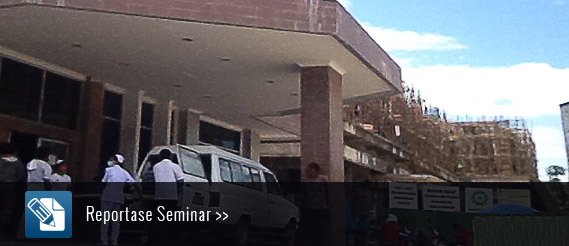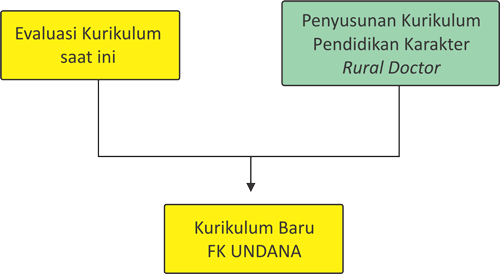Education in Medicine Journal (ISSN 2180-1932)
© www.eduimed.com
| e
29
CORRESPONDING AUTHOR:
Dr Cheah Whye Lian
Department of Community Medicine & Health
Sciences, Faculty of Medicine & Health Sciences, Universiti Malaysia Sarawak, Lot 77, Section 22 KTLD, Jalan Tun Ahmad Zaidi Adruce, 93150 Kuching, Sarawak.
Email: This email address is being protected from spambots. You need JavaScript enabled to view it.
©Medical Education Department, School of Medical Sciences, Universiti Sains Malaysia.
All rights reserved.
ABSTRACT
Objective : To determine the perception of medical students towards mentor-mentee system in Faculty of Medicine and Health Sciences of UNIMAS.
Method : It was a cross-sectional study involving all 104 second year and 80 fifth year medical students. A self-administered questionnaire consisting of socio-demographic details, general perceptions on mentor-mentee system, academic support, personal development, and emotional and psychological support was distributed. The data was analysed using the SPSS version 19.
Result : Majority of the subjects had a positive outlook towards the mentor-mentee system with a range of 45.6% to 57%. Three of the top rated perceptions were ‘mentor analyses mentee’s examination results and provides constructive feedback’, ‘mentor advises how to improve academic performance’, and ‘mentor gives encouragement and support for the challenges faced’ (66.8%, 68.0% and 62.9% respectively). Pre-cinical medical students had significantly better perception on mentor-mentee system than clinical students (p≤0.002) while those with non-clinician mentors significantly had better perceptions than those with clinician mentors (p≤0.003) on the system. No significant difference was found between the perceptions of males and females for all components (p=0.234 to 0.722).
Conclusion : The mentor-mentee system was found to be successful as more than half of the respondents had posititve perception on the system and its aspects. However, pre-clinical students benefited more compared to clinical students, which reflects the need to look at the support given to clinical students. It was recommen ded that future studies should incorporate the perceptions of mentors.



